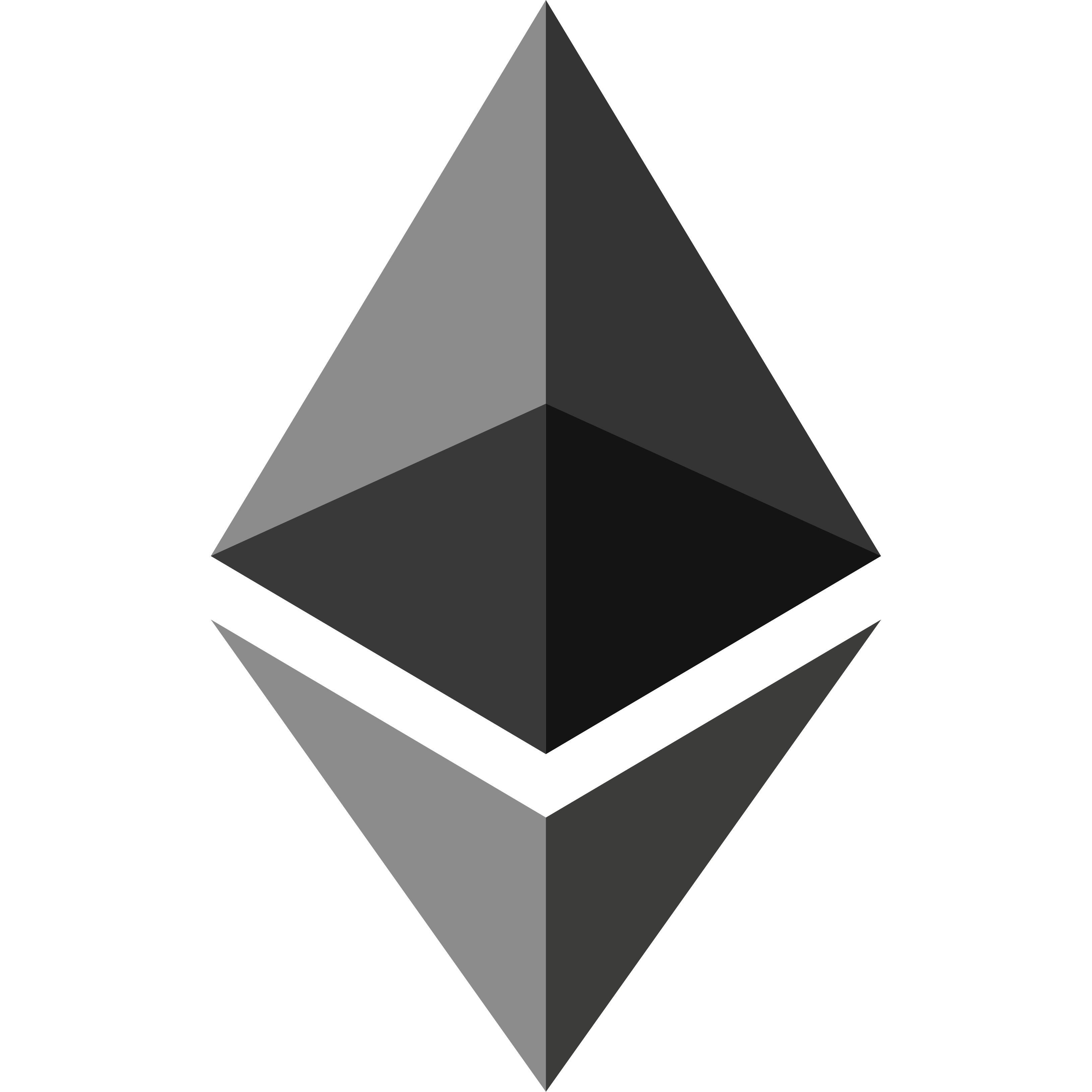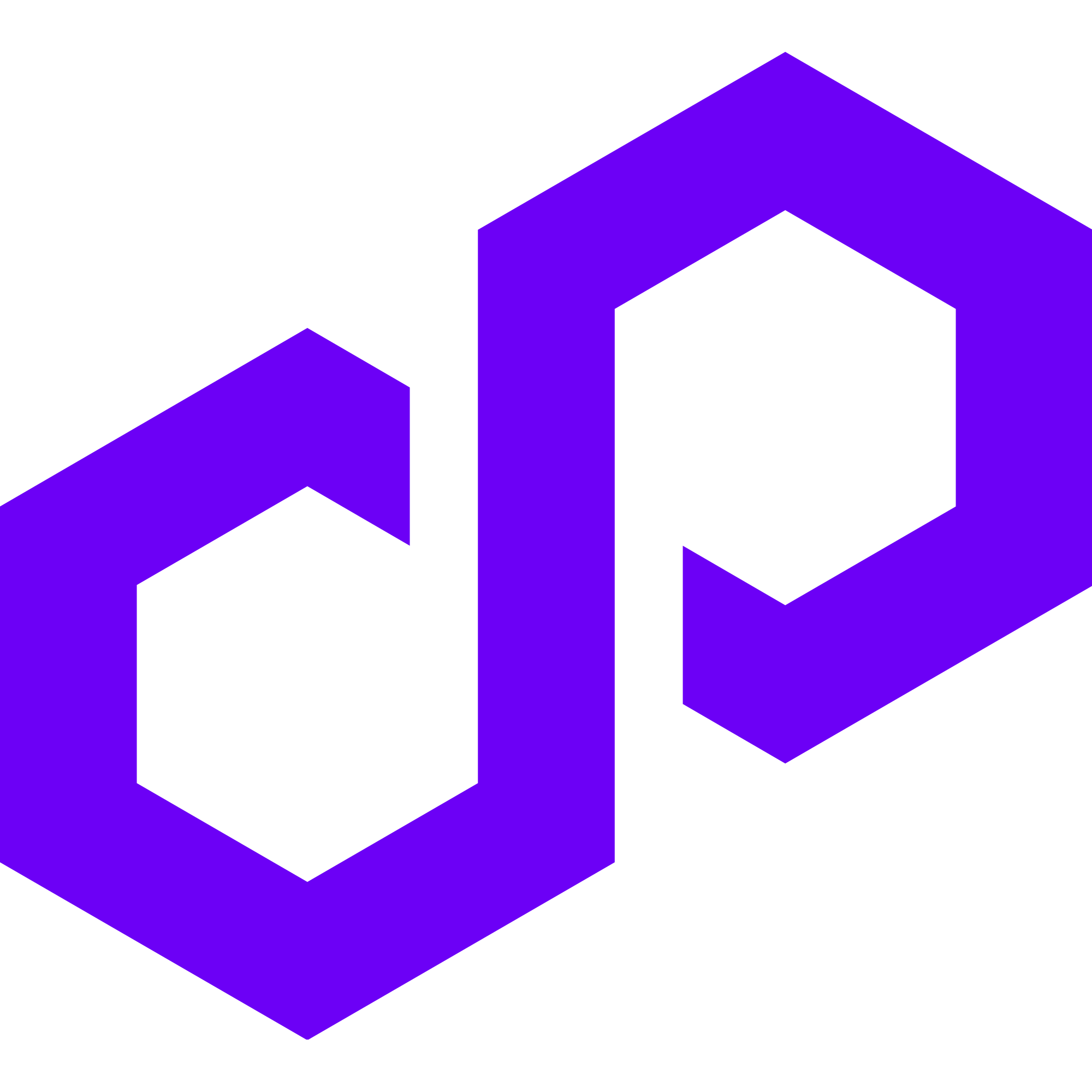Top 5 Best DeFi Cryptocurrencies
Discover the leading blockchain platforms powering the future of decentralized finance.
Best Cryptocurrencies for DeFi

Ethereum
ETHKey Features
Top Protocols

BNB
BNBKey Features
Top Protocols

Solana
SOLKey Features
Top Protocols

Avalanche
AVAXKey Features
Top Protocols

Polygon
MATICKey Features
Top Protocols
Understanding DeFi Platforms
What is DeFi?
Decentralized Finance (DeFi) represents a shift from traditional financial systems to peer-to-peer finance enabled by decentralized technologies built on blockchain networks. DeFi platforms enable users to lend, borrow, trade, earn interest, and more without traditional intermediaries.
Key DeFi Categories
Lending and Borrowing
Protocols that enable users to lend their crypto assets to earn interest or borrow assets by providing collateral. Popular platforms include Aave, Compound, and Maker.
Decentralized Exchanges (DEX)
Platforms that enable peer-to-peer trading of cryptocurrencies without intermediaries, often using automated market makers (AMMs) like Uniswap and Curve.
Yield Farming
Strategies for maximizing returns by providing liquidity to various protocols and earning rewards in multiple tokens. Often involves staking LP tokens and governance tokens.
Derivatives and Synthetics
Protocols that enable trading of synthetic assets, options, futures, and other financial instruments in a decentralized manner.
Evaluating DeFi Platforms
Consider these factors when evaluating DeFi platforms:
- Smart Contract Security: Audit history, bug bounties, and security track record
- Total Value Locked (TVL): Amount of assets locked in the platform's protocols
- Transaction Costs: Gas fees and other transaction-related expenses
- Protocol Revenue: Sustainable revenue generation and token value accrual
- Developer Ecosystem: Active development, documentation, and tooling
- Community: User base, governance participation, and ecosystem growth
DeFi Risks and Considerations
Smart Contract Risk
- Code vulnerabilities
- Protocol exploits
- Oracle failures
- Integration risks
Market Risk
- Impermanent loss
- Token price volatility
- Yield fluctuations
- Liquidation risk
Operational Risk
- Network congestion
- High gas fees
- UI/UX issues
- Wallet security
Regulatory Risk
- Regulatory uncertainty
- Compliance requirements
- Geographic restrictions
- Legal frameworks
Frequently Asked Questions
What are DeFi cryptocurrencies?
DeFi (Decentralized Finance) cryptocurrencies are blockchain platforms that support financial services without traditional intermediaries. These platforms enable lending, borrowing, trading, and yield farming through smart contracts and decentralized applications (dApps).
What makes a good DeFi platform?
Key factors include smart contract security, transaction speed and costs, total value locked (TVL), number of active protocols, developer ecosystem, and cross-chain compatibility. Strong governance mechanisms and sustainable tokenomics are also important.
What is Total Value Locked (TVL)?
TVL represents the total value of cryptocurrency assets deposited in a DeFi protocol or platform. It's a key metric for measuring the size and adoption of DeFi platforms, indicating the amount of assets being used for lending, staking, or providing liquidity.
How do DeFi protocols generate returns?
DeFi protocols generate returns through various mechanisms including lending interest, trading fees, liquidity provision rewards, yield farming incentives, and governance token distributions. Returns can vary significantly based on market conditions and protocol design.
What are the risks of using DeFi platforms?
DeFi risks include smart contract vulnerabilities, impermanent loss in liquidity pools, protocol hacks, market volatility, and regulatory uncertainty. It's important to research thoroughly and only invest what you can afford to lose.
Stay Updated
Get the latest crypto news, rankings, and exclusive guides delivered to your inbox.
We respect your privacy. Unsubscribe at any time.